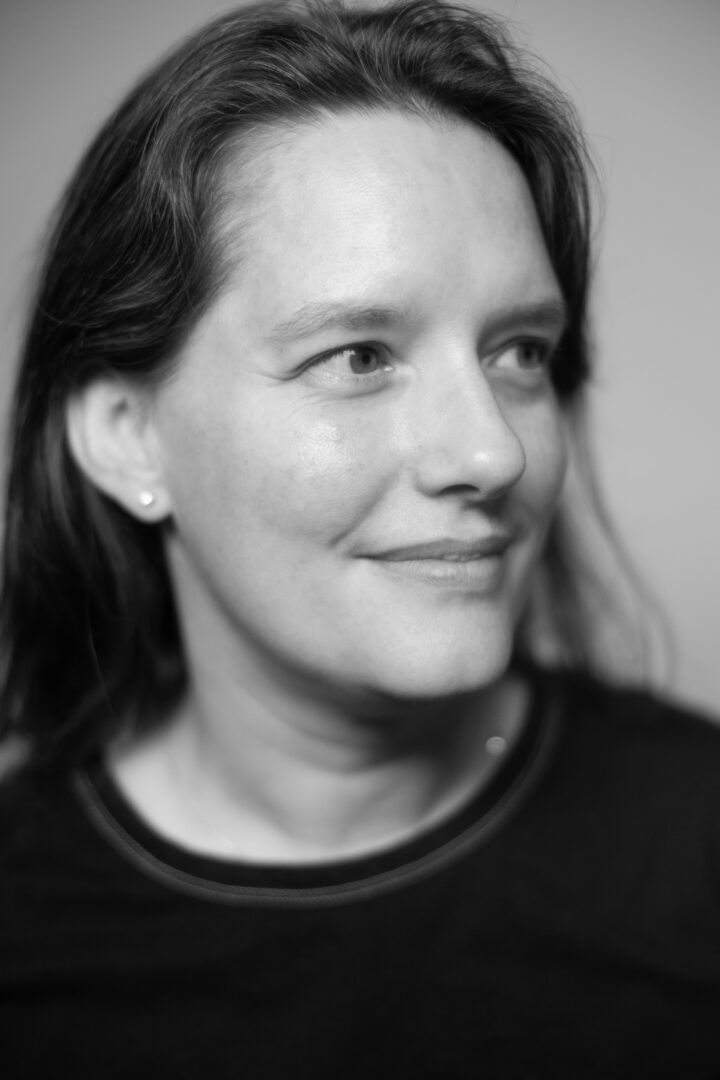We were lucky to catch up with Liz Nemeth recently and have shared our conversation below.
Liz, looking forward to learning from your journey. You’ve got an amazing story and before we dive into that, let’s start with an important building block. Where do you get your work ethic from?
My work ethic comes from a combination of my family and where I grew up. I grew up in Quincy, MA, a blue collar town, where my family and everyone around me worked hard. During my senior year in high school I interned at a photo studio in Boston while also working 2 other part time jobs. I had an over abundance of confidence. I jumped on every opportunity that came my way, always with the attitude that I could do anything. My dad was self employed and worked as a residential window washer and carpet cleaner for many years. I remember him cold calling people to gain his clientele. Pre-internet it was just the phone book and word of mouth. That is how I started working as a freelance photography assistant. I just cold called studios and sent hand made promotional cards with real gelatin silver prints. There is such a thrill when you apply for a job, or bid on a job and you actually get the job. But landing a job is just the beginning. Completing the job well, and developing a good reputation is the next most important step. I want my work to speak for itself. Having a job that I have been passionate about at a young age has carried me all these years. I have been self employed now for 30 years, without a college degree, and my success has everything to do with my work ethic and drive to be the best.
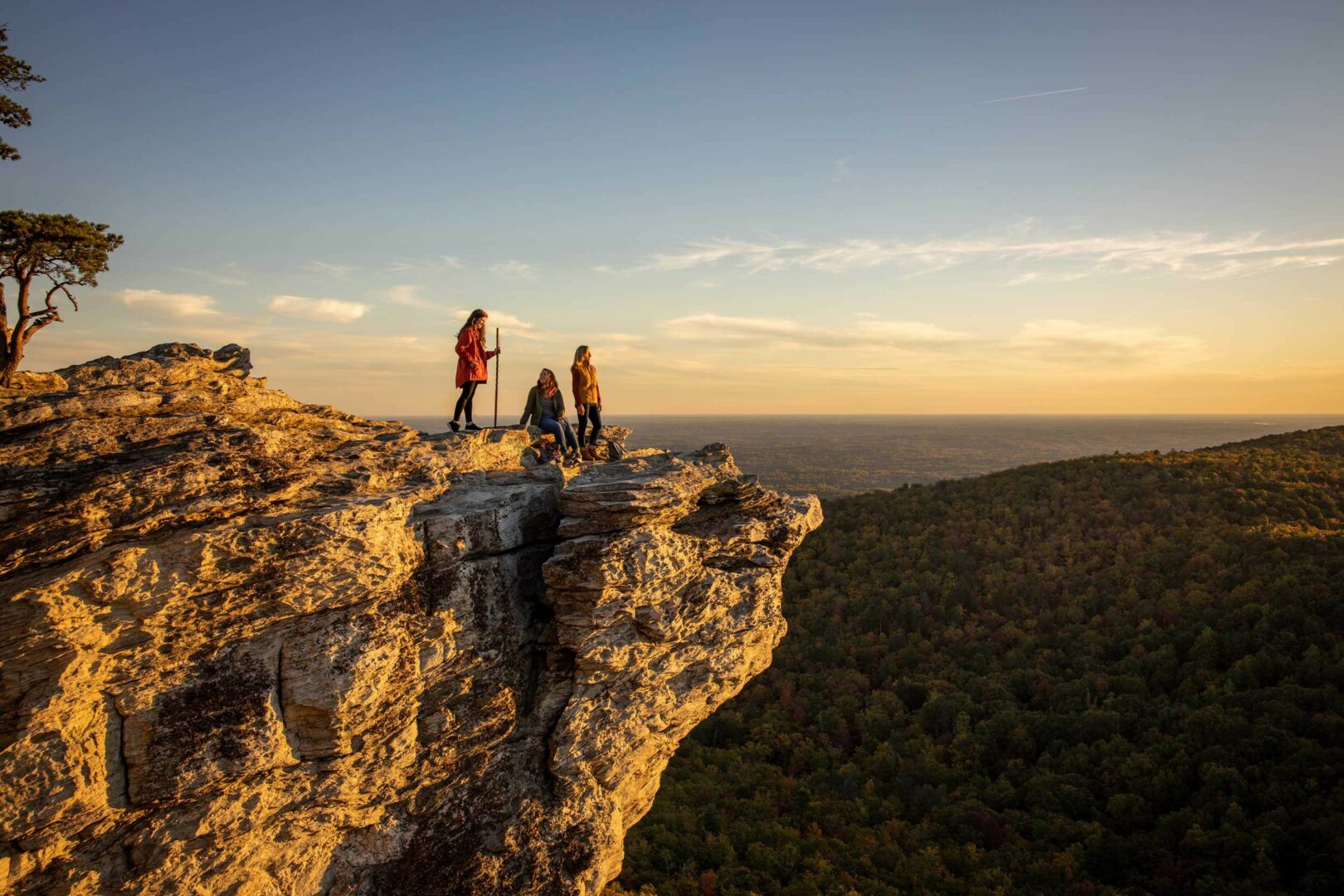
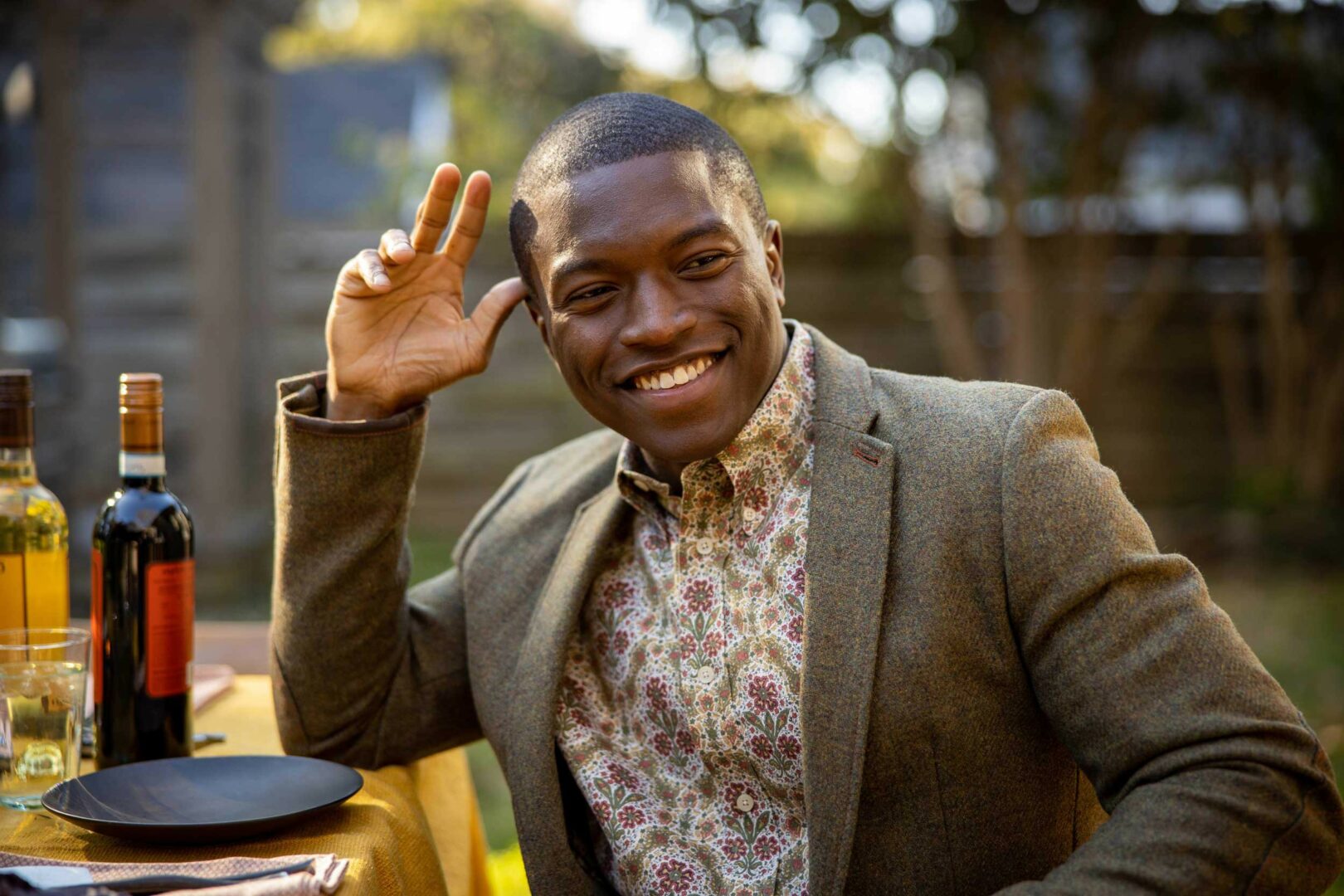
Thanks for sharing that. So, before we get any further into our conversation, can you tell our readers a bit about yourself and what you’re working on?
I’m a commercial photographer and director who specializes in lifestyle imagery including lifestyle food, active lifestyle, portraits and interiors. I love having the human element in my images. I have been a commercial photographer since 2002. My first job was photographing the Salt Lake Olympics in Utah as part of a group working with the Salt Lake Organizing committee. We were hired to capture the Olympics for the commemorative book. I thought after that experience that I would become a sports photographer. But that is actually not at all what happened. My work has gone through much evolution over the years and recently I’ve been shooting more video, as both director and DP. I really love to collaborate with creatives, so when I have the opportunity to work with professional talent, stylists, and art directors, I am working at my best. But I also shoot quite a bit on my own, whether it’s editorial or just a client with a small budget. It’s really nice to have so much experience in this business because I never feel out of my depth as I navigate the many unexpected things that can arise during a shoot. My goal is to create the best images I can in any situation.
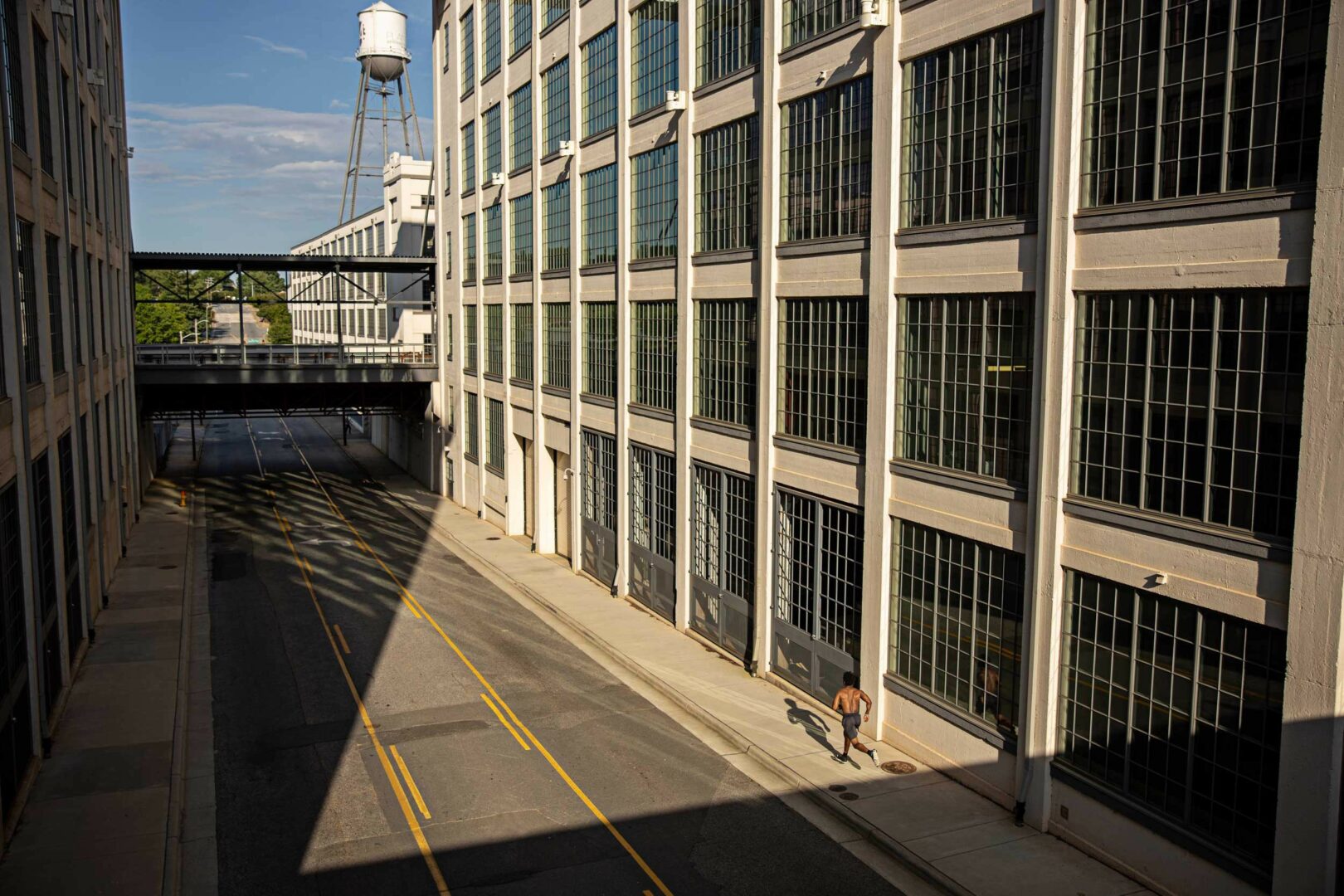

Looking back, what do you think were the three qualities, skills, or areas of knowledge that were most impactful in your journey? What advice do you have for folks who are early in their journey in terms of how they can best develop or improve on these?
Looking back I think my ability to talk to strangers is one of my best qualities as a photographer. Whether it’s talking to a new client who has never worked with a professional photographer, or working with a person who is having their first head shot, I feel like everyone is nervous at first, but we feel like old friends by the end of the day. Being able to put people at ease and direct them from behind the camera allows me to capture great results. I work with new people everyday, so being able to put people at ease and make a connection quickly has served me very well over the years.
When you work in a creative business you must maintain your creativity. I’ve learned that curiosity feeds creativity. I love to read, I love to explore, and I love to learn new skills. When I began my career I was shooting only on film, but the business evolved quickly to digital, and now video. Each step feels overwhelming, but it becomes exciting when you just look at it as a possibility instead of problem. I try to visit museums, watch movies, look at photo books, take creative field trips, whatever I can think of to spark inspiration. If you lose your creativity you lose your passion.
My ability to problem solve is probably the one skill I use most. I had no idea when I started working in this business as a freelance photography assistant straight out of high school that half my life would be spent trouble shooting. Whether it’s my camera that is on the fritz, the printer that won’t print, the computer that is crashing, the light that won’t turn on, or learning new software, and building my website. My entire career has required me to solve the problem at hand. And while there are moments that made me want to cry, it’s also a fun aspect of my job too. When I was younger I thought these were just one off problems that if I fixed it, I could move on and get to focus on taking the pictures. But the reality of this business and most others, the fun part, the photography is really like 10%. The equipment problems, and the accounting, and the marketing, and the trouble shooting is constant and about 90% of the job.
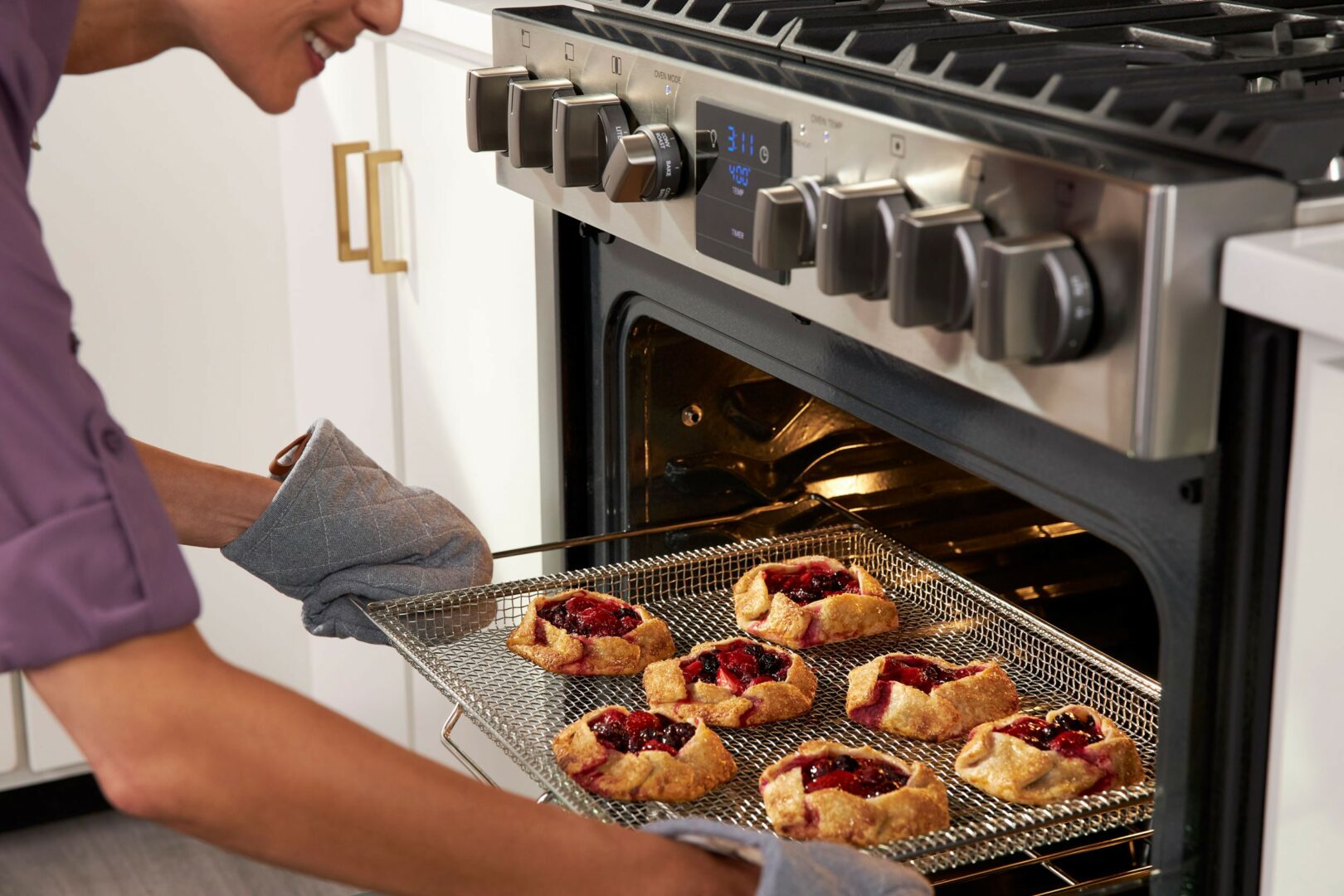
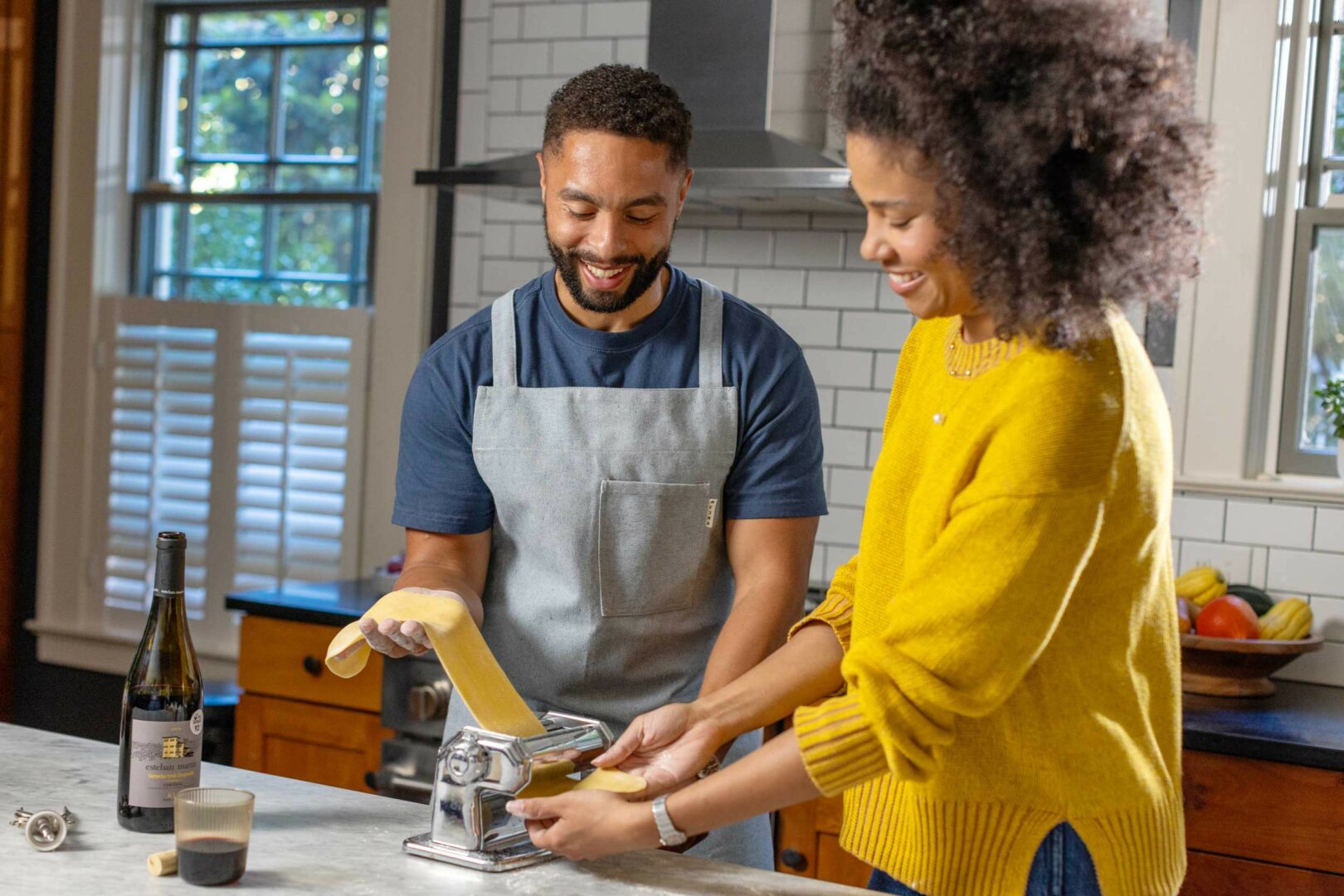
Thanks so much for sharing all these insights with us today. Before we go, is there a book that’s played in important role in your development?
One of my favorite books is The Artist’s Way by Julia Cameron. She wrote it as a series of activities for overcoming writers block, but it is a great resource for any person looking to find and grow their passion. Especially if you are starting in a creative field, this is a must read book for inspiration and building good creative habits. The first habit you start is writing morning pages. Right when you wake up, she recommends writing 3 pages every day. They don’t have to make any sense, they don’t have to be a book or a diary, or mean anything. It’s a way to dump whatever is swirling around in your head. It could be a weird dream that you just had or it could be a rant about a situation from work that had upset you. It’s a release that allow you to tap into the good important thoughts. Somedays the words flow fast, other days they don’t, but by forcing yourself to do them consistently you do change. She also recommends a weekly artist field trip to help spark inspiration and creativity. Some of the activities feel obvious or dumb, but somehow they are effective and force you to face some of the biggest challenges one baby step at a time.
Contact Info:
- Website: https://liznemeth.com/
- Instagram: https://www.instagram.com/liznemethphoto/
- Linkedin: https://www.linkedin.com/in/liz-nemeth-6699a519/
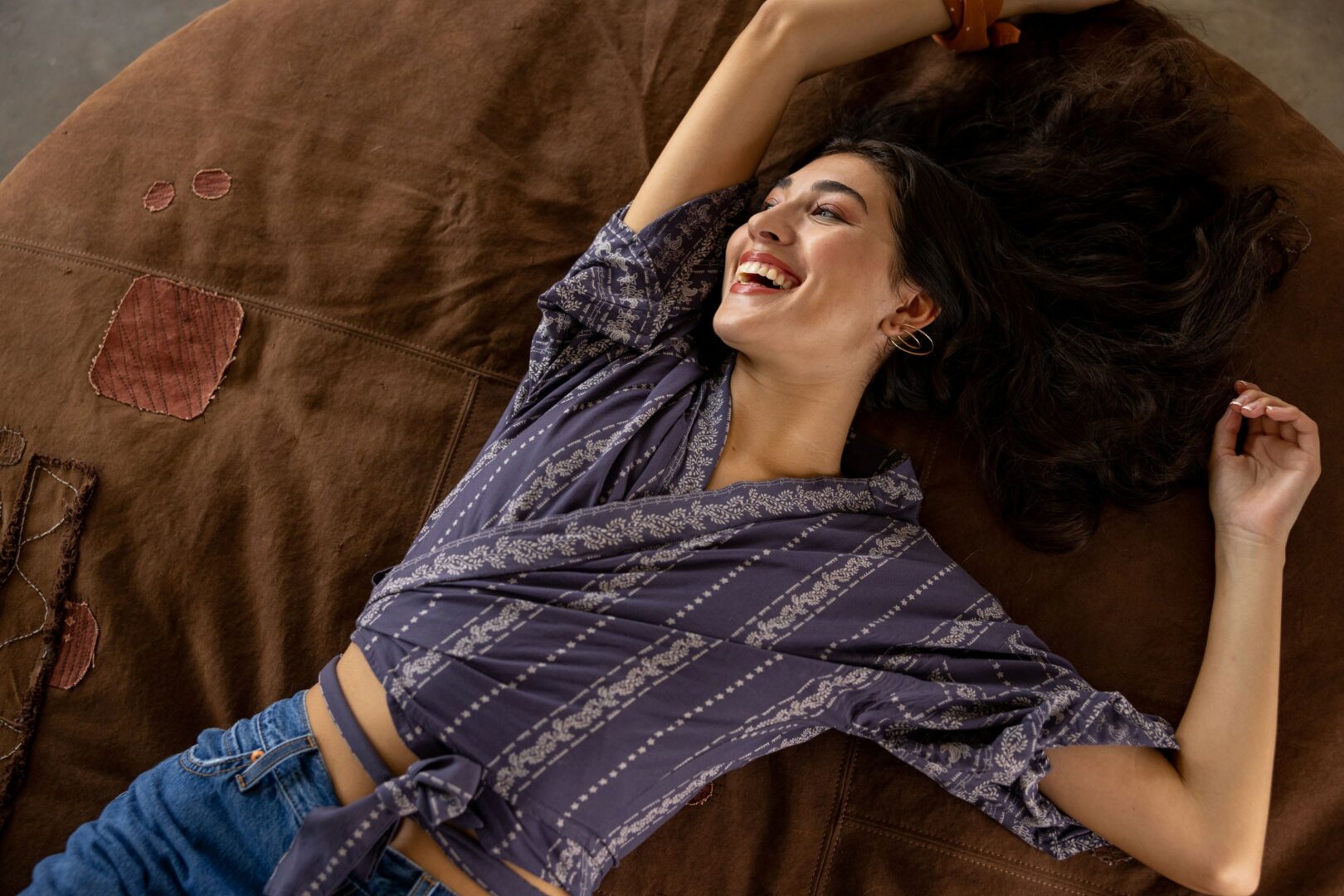
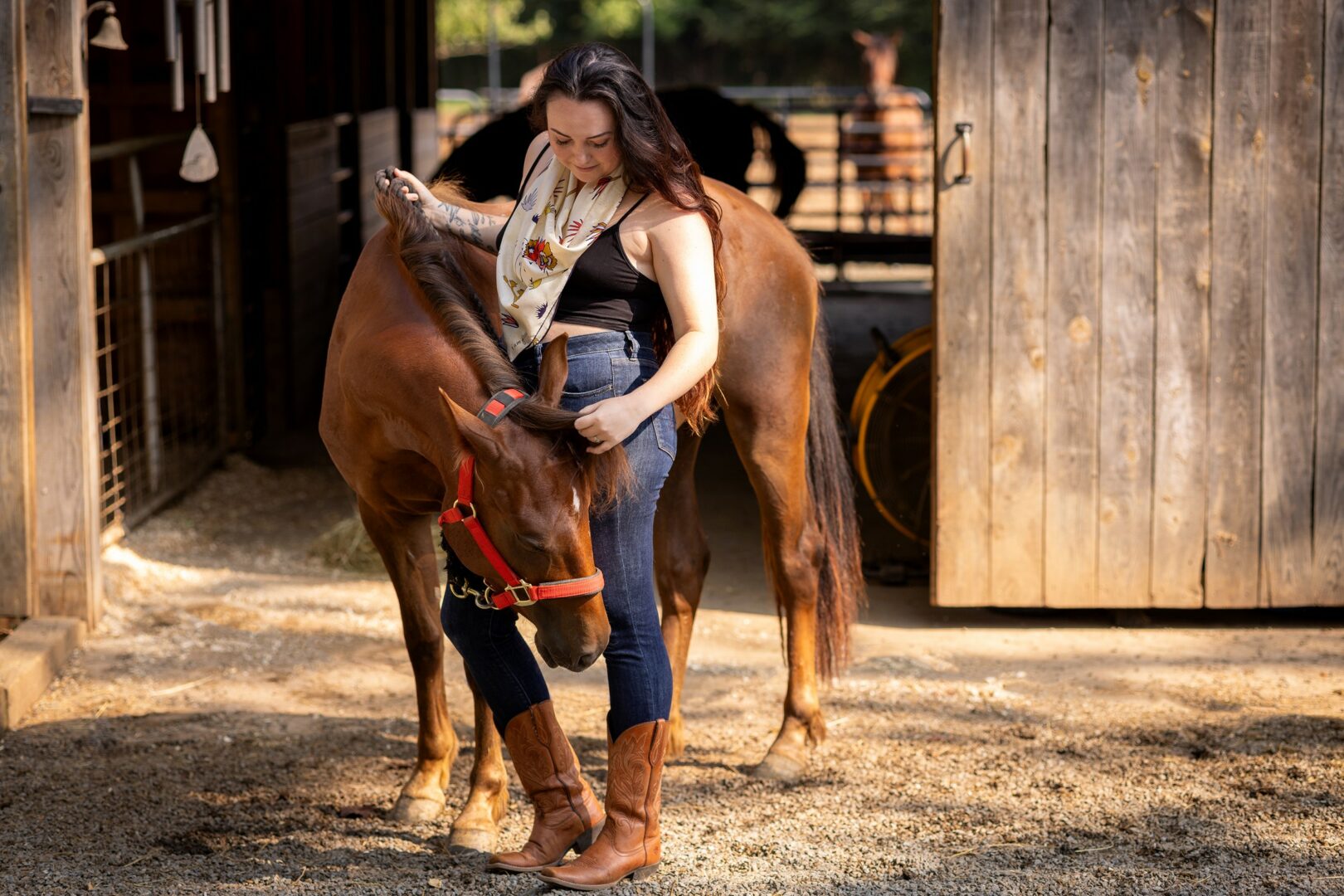
Image Credits
Photographs by Liz Nemeth
so if you or someone you know deserves recognition please let us know here.

